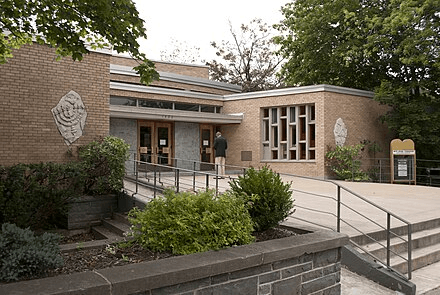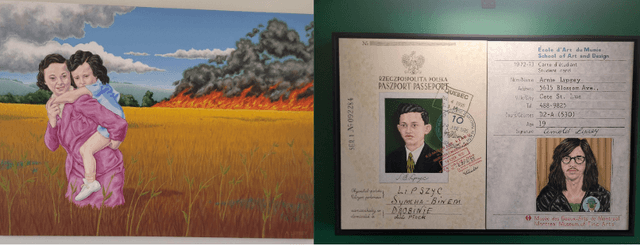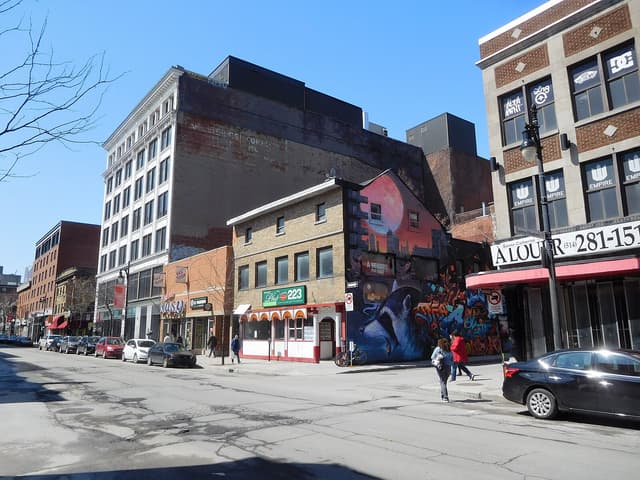At university, the options for a Friday night are slim. Students often have trouble picking a ritual space that reflects their unique identities. Sometimes it feels like the options for Kabbalat Shabbat are limited to larger institutions rather than the small and familial atmosphere that some consider more conducive to the Jewish experience. To fill these gaps McGill students have long been creating lay-led, intimate, and egalitarian spaces for Jewish observance on campus.
Starting in 2001, there was a grassroots organization that allowed students to experience a more heimish environment different from the typical university Jewish space. The Ghetto Shul, a student-run and largely student-funded synagogue, offered a Jewish community less entrenched in formalized tradition. The Shul, located on Rue Clark in the Plateau, was just as lively as Hillel and Chabad are now, with opportunities for Torah study, a vegan cafe offering kosher food, and live music jams organized by Rabbi Daniel Leibish Hundert. Its founders, a group of McGill students, created a space that resonated with students and young professionals, fostering a sense of community and belonging. This initiative allowed for organic growth, with members actively participating in shaping the Shul's programs and services.
Slowly, in the 2010s, the Ghetto Shul faded away. Its disappearance is almost folklore at this point. The physical shul dissolved because of budget issues, but the soul and momentum of the Ghetto Shul movement started to dissipate later. While students held phone-a-thons and events to raise funding to save the shul, it was never enough. The absence of this unconventional force for students left a hole in McGill's Jewish community.
Inspired by the Ghetto Shuls’ mission, McGill Chavurah was established as a similar grassroots Jewish space. The Chavurah’s goals and structure are similar to the Ghetto Shul’s, serving as an egalitarian, student-run organization, welcoming all Jews regardless of religious observance or background. The Chavurah has many consistent programs that the Ghetto Shul also had–with Friday night services and potlucks, holiday gatherings, learning sessions, and jam nights–all driven by the generosity of McGill students who host these events in their own homes.
Noa Schleifer, one of the Chavurah’s organizers, described the group’s open and relaxed environment in an interview with Nu. “I like that we go to people's homes — it gives the same feeling of being with family and not being on campus,” she said. “It separates my Jewish practice from a university-related environment. It's a place where people feel comfortable and can connect with traditions in an environment that isn’t dominated by really [glitzy or party-like] events.”
Without the oversight of a Rabbi, the Chavurah can develop its own takes on Jewish tradition and spirituality. “There are ways to understand Judaism that are not enforced by others,” Schleifer said. “It's how you want to live your life. At the Chavurah, we make our traditions that fit our lives.”
Although the Ghetto Shul no longer exists, its spirit lives on through the McGill Chavurah. Jewish identity is dynamic and complicated, and McGill’s Jewish spaces should reflect that. For those looking to connect with Jewish rituals in a non-institutional and student-led setting, the Chavurah is an excellent option.
Powered by Froala Editor






